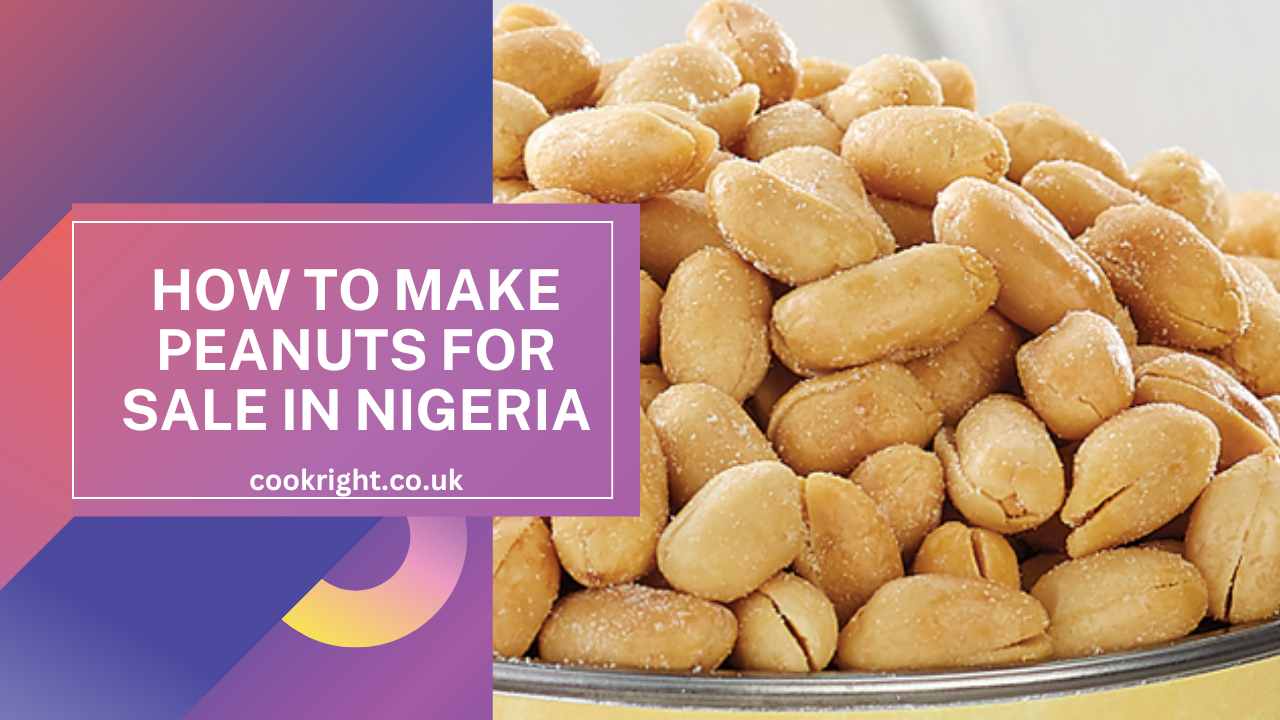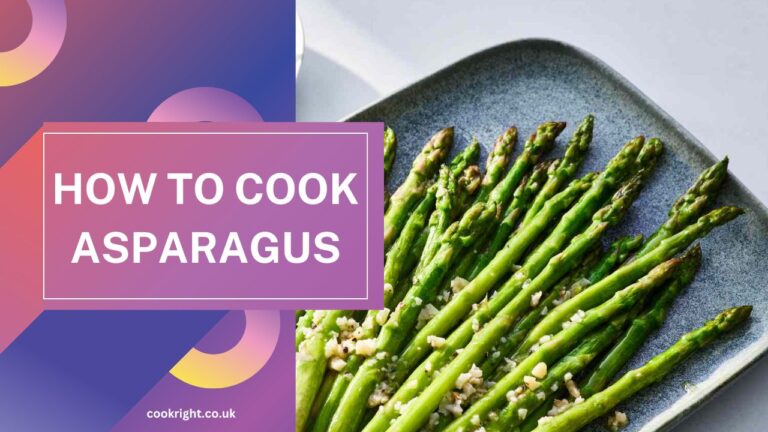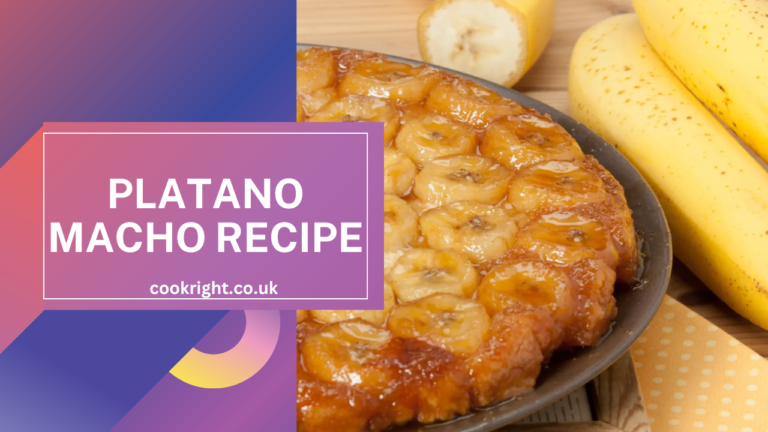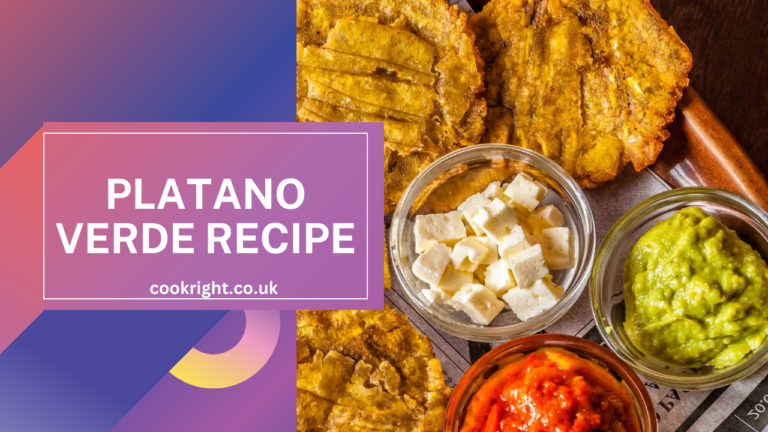Nigeria is one of the largest producers of peanuts (also known as groundnuts) in the world, and the demand for processed peanuts is consistently high due to their nutritional value and versatility. Peanuts can be consumed raw, roasted, boiled, or processed into various snacks like peanut butter, peanut candy, and groundnut oil. If you’re looking to venture into the peanut business in Nigeria, this guide will provide you with a detailed and practical approach to making peanuts for sale.
How To Make Peanut For Selling Online In Nigeria
If you are planning to build a brand from selling peanuts online, here are some steps to take to avoid falling into loss or trouble with the government.
1. Understanding the Market Demand
Before diving into peanut production, it’s crucial to understand the market demand and the various forms in which peanuts are sold in Nigeria. Peanuts are popular as roasted snacks, groundnut cake (kulikuli), peanut butter, and even groundnut oil. Understanding which product has the highest demand in your area will help you tailor your production process accordingly.
2. Sourcing Quality Raw Materials
The quality of your peanuts will largely determine the success of your business. Here’s how to source high-quality peanuts:
- Choose the Right Variety: Nigeria grows several varieties of peanuts, but the most common ones are Valencia, Virginia, and Spanish peanuts. The Valencia variety is often preferred for roasting due to its sweet taste and smaller size.
- Select Fresh Peanuts: Ensure the peanuts are fresh, mature, and free from aflatoxins. Aflatoxins are toxic substances produced by certain fungi in peanuts and can pose significant health risks. Check for mold and discoloration.
- Purchase from Reliable Suppliers: Buy from trusted local farmers or suppliers who can provide you with high-quality raw peanuts. You can source from major peanut-producing states like Kano, Kaduna, Bauchi, and Adamawa.
3. Preparing the Peanuts for Processing
Preparation is a critical step that involves cleaning and sorting the peanuts to ensure they are free from impurities. Here’s a detailed look at the preparation process:
- Sorting and Cleaning: Sort the peanuts to remove debris, stones, and bad nuts. Wash them thoroughly to remove dust and other impurities.
- Drying: Dry the peanuts in the sun or use a mechanical dryer to reduce their moisture content. Proper drying prevents spoilage and enhances the quality of the final product.
4. Processing Methods for Various Peanut Products
There are several ways to process peanuts, depending on the product you want to sell. Here are the most common processing methods:
A. Roasted Peanuts
Roasted peanuts are a popular snack in Nigeria and are easy to produce. Follow these steps:
- Roasting: Roast the peanuts in a pan over medium heat, in an oven, or use a commercial roaster. Continuously stir the peanuts to ensure even roasting. The roasting time can vary from 20 to 30 minutes, depending on the size and moisture content of the peanuts.
- Cooling: Once roasted, spread the peanuts on a tray to cool. Cooling helps to stop the roasting process and ensures the peanuts remain crispy.
- Packaging: Package the roasted peanuts in airtight containers or sachets to maintain freshness. Consider using attractive packaging that appeals to your target market.
B. Groundnut Cake (Kulikuli)
Kulikuli is a popular snack made from groundnut paste. Here’s how to make it:
- Grinding: Grind the peanuts into a smooth paste using a mill or grinder.
- Extracting Oil: Press the peanut paste to extract oil. You can use a manual or mechanical press for this purpose.
- Mixing and Frying: Mix the remaining paste with spices, salt, and water to form a dough. Mold the dough into desired shapes and deep fry in hot oil until golden brown.
- Packaging: Allow the kulikuli to cool, then package it in small plastic bags or containers.
C. Peanut Butter
Peanut butter is a highly nutritious spread that is gaining popularity in Nigeria. Here’s a simple way to make it:
- Roasting: Roast the peanuts lightly to enhance their flavor.
- Grinding: Grind the roasted peanuts into a paste using a blender or peanut butter machine. Add a small amount of peanut oil to achieve a smooth consistency.
- Flavoring: Add sugar, salt, or honey to taste. For a unique twist, you can also add cocoa powder or spices.
- Packaging: Package the peanut butter in jars and seal them properly to maintain freshness.
5. Packaging and Branding
Packaging plays a significant role in attracting customers and preserving the quality of your product. Here are some packaging tips:
- Choose Appropriate Packaging: Use food-grade packaging materials that keep the peanuts fresh and safe for consumption. For roasted peanuts, resealable bags or jars are ideal. For kulikuli and peanut butter, plastic containers or glass jars work well.
- Labeling: Ensure your packaging includes labels with relevant information, such as the product name, ingredients, expiration date, and contact details.
- Branding: Create a unique brand name and logo that stand out. Good branding can differentiate your product in a competitive market.
6. Adhering to Health and Safety Standards
To build customer trust and comply with regulations, it’s important to adhere to food safety standards. Here’s what you need to do:
- Maintain Cleanliness: Ensure your processing area is clean and hygienic. Use clean utensils and equipment to avoid contamination.
- Quality Control: Regularly check the quality of your raw materials and finished products. Conduct tests to ensure your products are free from aflatoxins and other contaminants.
- Registration and Certification: Register your business with the Corporate Affairs Commission (CAC) and obtain relevant certifications from the National Agency for Food and Drug Administration and Control (NAFDAC). This boosts your credibility and allows you to sell your products legally.
7. Marketing Your Peanut Products
Marketing is crucial to the success of your peanut business. Here are some effective strategies:
- Leverage Social Media: Use platforms like Facebook, Instagram, and WhatsApp to showcase your products. Post appealing photos, customer testimonials, and special offers to attract buyers.
- Sell at Local Markets: Participate in local markets and fairs to reach a wider audience. Offer free samples to entice potential customers.
- Partner with Retailers: Distribute your products to supermarkets, convenience stores, and kiosks. Building strong relationships with retailers can help increase your sales.
- Online Sales: Consider setting up an online store or partnering with e-commerce platforms like Jumia, Konga, or local delivery services. Online sales can significantly expand your reach.
8. Pricing Your Peanut Products
Setting the right price is essential to remain competitive while making a profit. Consider the following when pricing your products:
- Cost of Production: Calculate all costs involved, including raw materials, labor, packaging, and transportation.
- Market Rates: Research the current market prices of similar products. Your pricing should be competitive but also reflect the quality of your product.
- Profit Margin: Add a reasonable profit margin to ensure sustainability. Be flexible to adjust prices based on market demand and input costs.
9. Scaling Your Peanut Business
Once your business gains traction, you may consider scaling up. Here’s how to grow your peanut business:
- Expand Product Line: Introduce new peanut products like flavored roasted peanuts, groundnut oil, or peanut snacks.
- Invest in Equipment: Upgrade your equipment to increase production capacity and improve efficiency. Consider buying industrial roasters, grinders, and packaging machines.
- Explore Export Opportunities: With the right certifications, you can explore exporting your products to international markets, where there is a growing demand for Nigerian peanuts.
10. Challenges and How to Overcome Them
Like any business, the peanut business comes with its challenges. Here are some common ones and how to tackle them:
- Supply Chain Issues: Inconsistent supply of quality peanuts can affect production. Establish strong relationships with reliable suppliers and consider contracting farmers to grow peanuts specifically for your business.
- Competition: The peanut market in Nigeria is competitive. Differentiate your products through quality, unique flavors, and exceptional branding.
- Price Fluctuations: Peanut prices can be volatile due to factors like weather conditions. To mitigate this, buy in bulk during harvest season when prices are lower and store the peanuts properly.
Conclusion
Starting a peanut business in Nigeria can be highly profitable with the right approach and commitment to quality. By understanding the market, sourcing quality raw materials, adhering to health standards, and employing effective marketing strategies, you can build a successful peanut business. Remember, consistency and innovation are key to staying ahead in this competitive market. With dedication and a customer-focused approach, your peanut products can become a staple in households across Nigeria and beyond.








